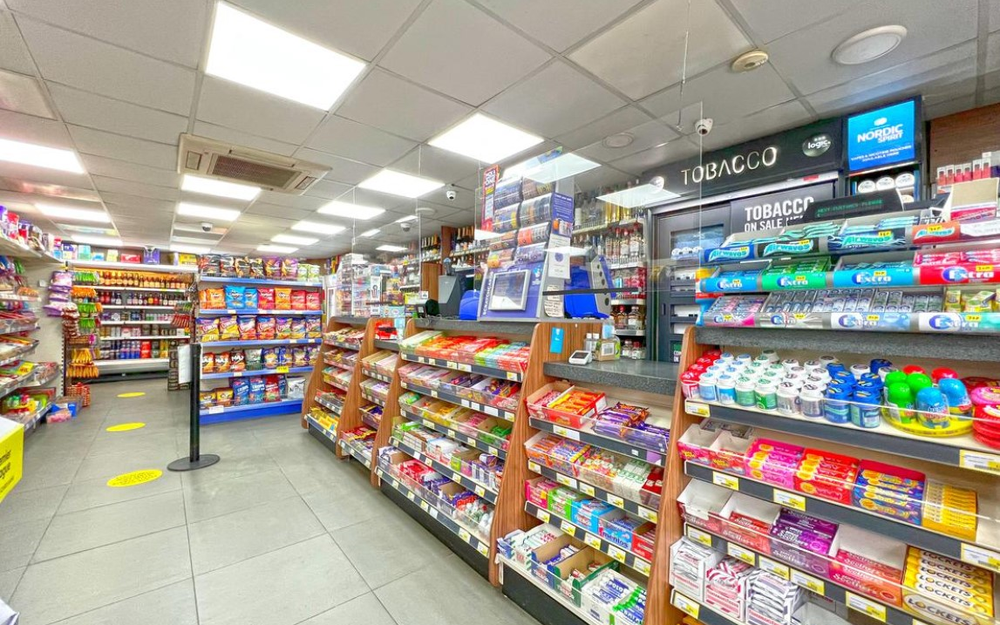Some of the UK’s largest retailers, including Tesco, Sainsbury’s, and Marks & Spencer, have warned that changes announced in the October Budget could lead to shop closures, job cuts, and rising prices.
In a letter to Chancellor Rachel Reeves, over 70 major companies expressed grave concerns over the “sheer scale” of mounting business costs and their potential impact on both the high street and consumers.
The letter, coordinated by the British Retail Consortium (BRC), marks the first time many prominent retail chains have openly criticized the Budget. Signatories include other household names such as Asda, Amazon, Boots, Aldi, Lidl, and JD Sports.
According to the retailers, the government’s planned increase in employer national insurance contributions (NICs ) — set to rise from 13.8% to 15% by April 2025, poses a significant challenge. This tax is levied on businesses in addition to the wages they pay employees.
Chancellor Reeves, defending the policy, previously stated that businesses would need to “absorb some of this through profits” and suggested that “wage growth would be slightly less.”
However, the coalition of retailers argued that such measures would be impossible to shoulder. “For any retailer, large or small, it will not be possible to absorb such significant cost increases over such a short timescale,” they wrote.

Inevitable Impact on Jobs and Prices
The retailers’ letter painted a bleak picture of what could follow if the NIC hike goes ahead as planned. “The effect will be to increase inflation, slow pay growth, cause shop closures, and reduce jobs, especially at the entry-level,” the letter continued. The warning emphasized the potential consequences for high streets and communities across the UK.
“We are already starting to take difficult decisions in our businesses, and this will be true across the whole industry and our supply chain,” the retailers cautioned.
While acknowledging the government’s commitment to stabilizing the nation’s finances and investing in public services, the companies stressed that the rapid introduction of these measures would “create a cumulative burden that will make job losses inevitable, and higher prices a certainty.”
Government Defends Economic Strategy
In response, a Treasury spokesperson defended the government’s approach, highlighting the challenging fiscal landscape inherited from its predecessor.
“With our public services crumbling and an inherited £22 billion fiscal black hole from the previous government, we had to make difficult choices to fix the foundations of the country and restore desperately needed economic stability to allow businesses to thrive.”
Treasury spokesperson
The statement also pointed out that over half of UK employers would either see a reduction or no change in their NICs. The increased revenue is expected to add £22.6 billion to NHS funding, and the government maintained that workers’ paychecks would be shielded from higher taxes.
“This government is committed to delivering economic growth by boosting investment and rebuilding Britain,” the spokesperson added, aiming to reassure the business community and the public amid rising criticism.
The response, however, has not fully allayed the fears of retailers, who argue that the repercussions of such policies could ripple through the economy, affecting not only businesses but consumers and workers alike.
READ ALSO: Expert Debunks Notion Of Translating Business Playbook Into Government




















